Recap Vs Virgin Tires: What Secrets To Know Before Buying?
Are you searching for the best tire for your vehicle? How do Virgin Tires and Re-Cap Tires differ? Are there any things you should keep an eye out for? (Answers below)
In America, driving commercial trucks is among the most popular occupations due to its flexibility, the feeling of freedom, and travel. However, semi-trucks carry multiple responsibilities as well, and quality steer tires are certainly the most crucial.
We’re going to give you some information about Recap Vs Virgin Tires, as well as the advantages of using them. You can learn more about both brands by reading on and choosing the best semi-truck tires for your needs.
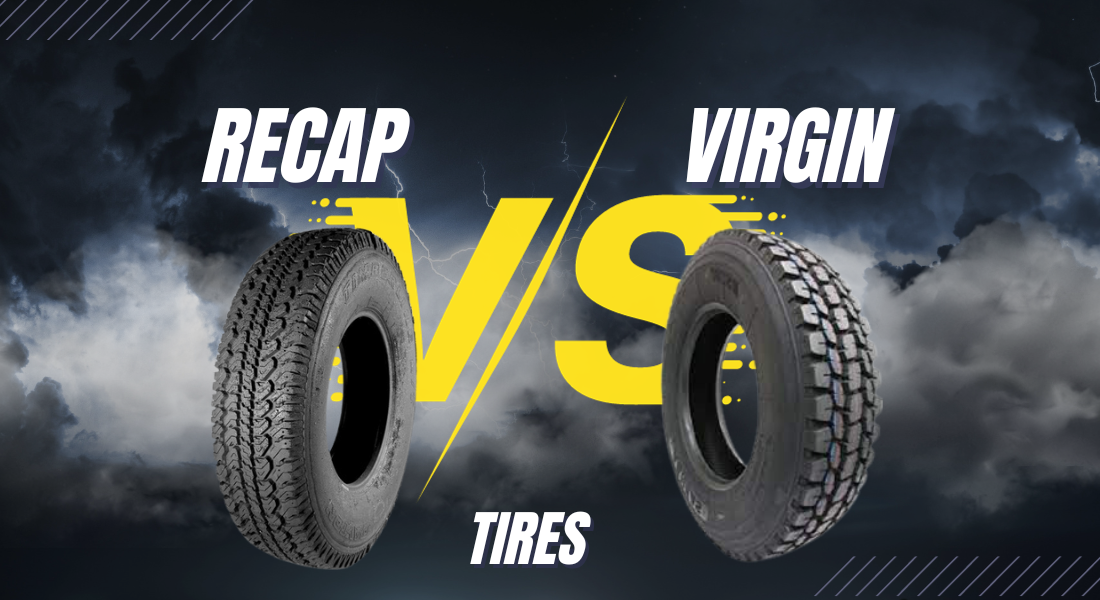
Recap Vs Virgin Tires: An In-Depth Discussion
Recap tires, also known as remolded tires or retread tires. Tire recaps have been remanufactured to restore worn tread to used tires so the tires will last longer.
The virgin casing of a tire (a worn tire) has not retreated. Tires are typically made from styrene-butadiene rubber and butadiene rubber, two main synthetic rubber polymers. Natural rubber is commonly used as well.
Performance & Quality
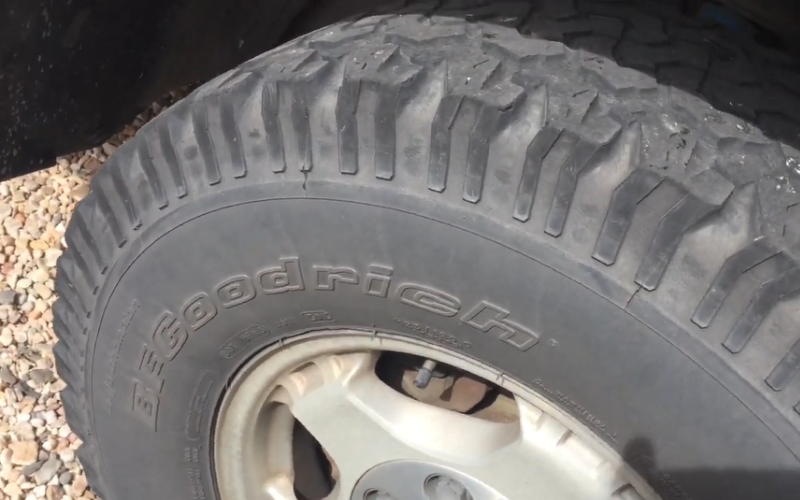
Recap tires are environmentally friendly and economical. Plus, recap tires have better quality than ever before. Due to improved tire retreading machinery and manufacturing techniques, retread tires have become increasingly popular over the years. They are suitable for truck tires, fleet tires, airline tires, and many more. In comparison to new tires, Bandag retreads use 30% less energy and use 15% less oil. The company retreads over 800 tires every hour in Bandag, preventing the disposal of 7 million tires annually. Since 1957, the company has reclaimed roughly 300 million tires.
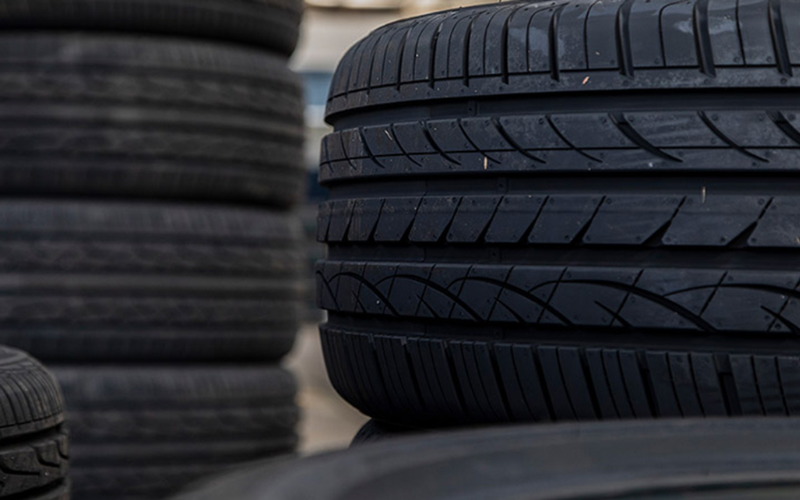
Rubber is the most commonly consumed material in the tire industry. Due to the scarcity of virgin raw materials and the fluctuation of prices, recycled rubber is used to make new tires. Virgin tire presents an interesting choice for the tire manufacturer who is looking to reduce production costs. In addition, using recycled rubber in tire production sends a powerful message about environmental sustainability and climate-sensitive practices. When the production of brand new tires uses Genan cryogenic rubber powder, they can partially replace virgin elastomers by using recycled materials.
Recap tires are the clear winner in the usability & performance category. Recaps offer a variety of tire choices, energy and oil saving capabilities, as well asl as high-quality performance.
Usability
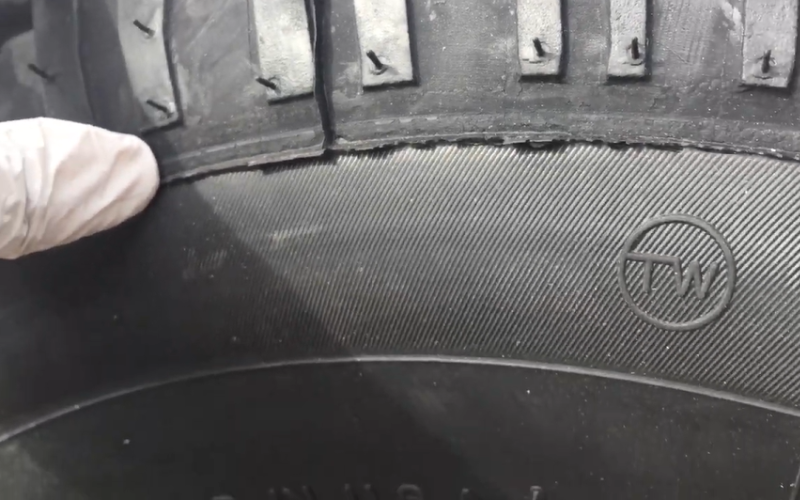
Recap tires of the highest quality are thoroughly inspected to ensure their performance and safety. Researchers from the University of Michigan discovered that recap tires are just as stable as brand new tires. A recap is so popular that many owners and operators and small package service providers, such as FedEx, UPS, and the U.S. Postal Service, use it. In the United States, there is a Federal Executive Order requiring government vehicles to use recap tires.
However, most major trucking fleets worldwide utilize Virgin tires, in addition to commercial & military aircraft. Municipal buses and school buses, emergency vehicles, and fire trucks use virgin tires as well. Virgin tires would not be safe and reliable if they weren’t totally safe.
The winner is Recap tire since it can apply to several types of projects. Recap tires are better than virgin tires in many categories, as well as applying to various sorts of vehicles.
Benefits Of Using Recap Tires
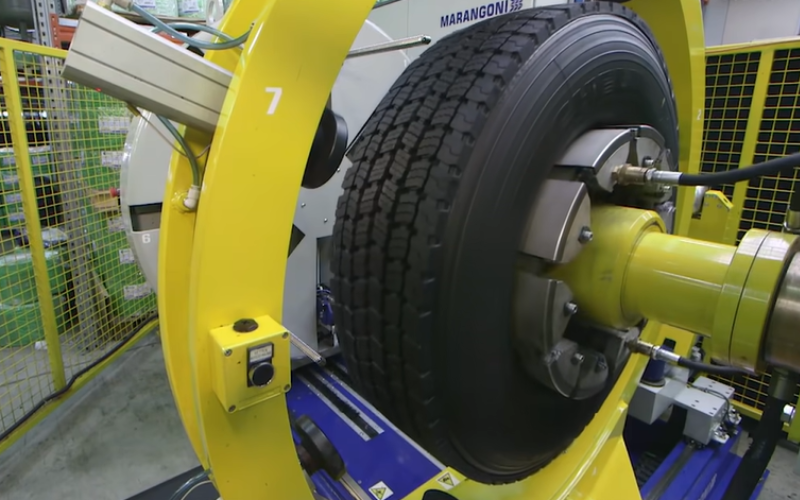
It doesn’t matter if you retread your tires yourself or work with a tire dealer; recap tires have some notable advantages. Tire retreading is both environmentally friendly and economically viable. Today’s recap tires are of better quality than ever before. Recap tires provide the same performance as a brand new tire, with significantly reduced costs. Fleets can save approximately 30% to 50% on retreads when compared to the price of new tires.
When it comes to improving fuel efficiency, Bandag FuelTech tires are a great choice. FuelTech recap products have some of the very low rolling resistance of any retread, providing fuel efficiency at or above that of new tires.
Benefits Of Using Virgin Tires
Replacing virgin tires with Genan recycled rubber has many advantages. Firstly, the availability of a large quantity of high-quality recycled rubber on demand. Secondly, the Virgin tires product is uniform and very clean. Thirdly, the company has a very dependable partner. Finally, Virgin tires offer a competitive and affordable price point. Virgin tires are equipped with climate-friendly, sustainable materials. Interphase curing of GTRD particles and their rubber matrix optimizes the mechanical performance of the (re)vulcanizates. GTRD reclaimed rubber has been effectively substituted for virgin rubber in tire formulations instead of virgin tire parts.
Recap Vs Virgin Tires: Which Should You Choose?
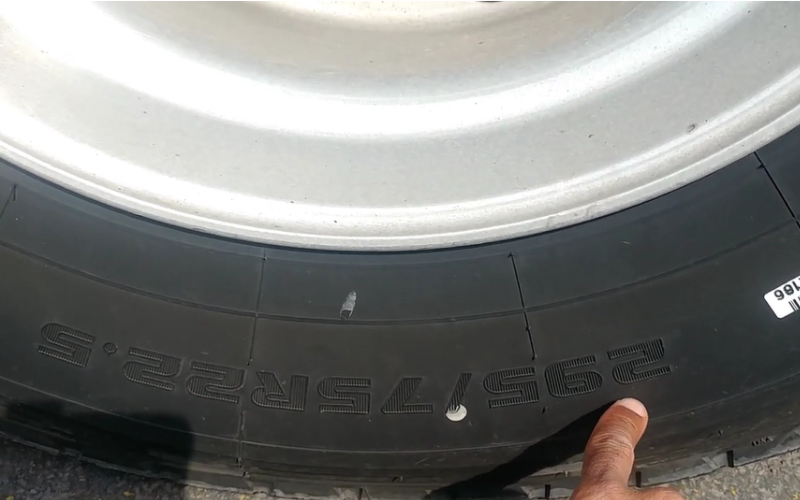
You might be wondering what the best option is between Recap Vs Virgin Tires. A brand new, virgin tire typically found on commercial trucks. A recap tire tends to be more cost-effective than a virgin tire, in addition to being just as safe as a virgin tire.
Recap tires are often questioned by the fleet industry and consumers alike regarding their safety and reliability, as compared to tires with virgin casings. Tire recaps deliver superior rolling resistance & are made from climate-friendly, sustainable materials.
Finally, you have the option of selecting which type of tire will work best for your vehicle according to your own preferences.
Recap Vs Virgin Tires: Cost
Recap tires (without casing) cost, on average, $164.64. Pre-cure costs, on average $164.60. Mold cure costs on average $165.72. Casing costs, on average $57.46. It costs about the same to operate the tire per mile, but you also have to pay to mount and install two extra sets of recaps.
Virgin commercial semi-truck tires are priced between $40 and $80.
A $400 virgin tires can be expected to last 120k miles, while $120 Recap tires can last 35-40k miles. Thus, virgin tires gained a significant advantage.
FAQs.
Recap tires: are they worth it?
In addition to being economical, Recap tires are also environmentally friendly. Today, recap tires offer better quality than ever before. With improvements in retreading tools & manufacturing methods, the quality of retread tires has dramatically improved. A variety of options are available for truck tires, fleet tires, airline tires, and many more.
How long does a recap tire last?
An average brand-new tire lasts approximately 3 to 4 years, based on driving 12,000 to 15,000 miles per year. Recap tires typically last the same amount of time as comparable new tires with proper maintenance and care.
What are virgin tires?
Virgin casings are tire casings (or worn tires) that have not been retreated. These tires will have better grip and traction. These tires will provide stability during acceleration, steering, & emergency braking.
Do you have recaps for drive tires?
Recaps may be run on the drive, tag, & trailer axles. This is a common practice for many O/Os as well as for large fleets. Recapping a tire more than once is possible in some cases. As with a new tire, a quality recap tire should last close to the life expectancy of the tire.
When is it time to replace a tire’s cap?
For recap tires, the only mandatory marking is a Department of Transportation (DOT) code marked with the name of the plant whose retread was applied most recently. The marking appears on the lower sidewall tire casing, and the DOT tire identification code is close to the original.
Final Word
The reputations of both Recap Vs Virgin tires are clouded by myths and misconceptions ranging from road debris to low performance. Rubber littered on highways is mostly due to poorly maintained tires, not road debris.
Trucking fleets and racing teams all over the nation use recap tires because of their cost-effective performance. Regardless, the tire material (GTRD) was partially devulcanized thermochemically and was vulcanized in various compositions using virgin tires. Now, you may pick your preferred one for your vehicle. Happy Journey.
Related Posts:
